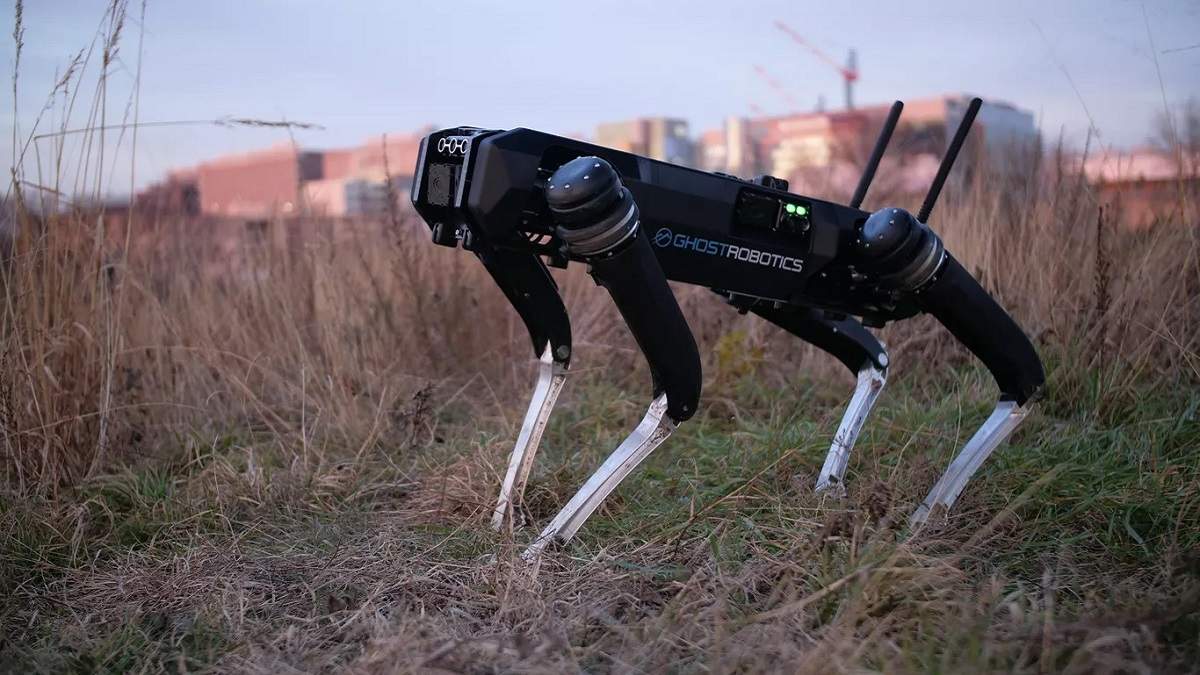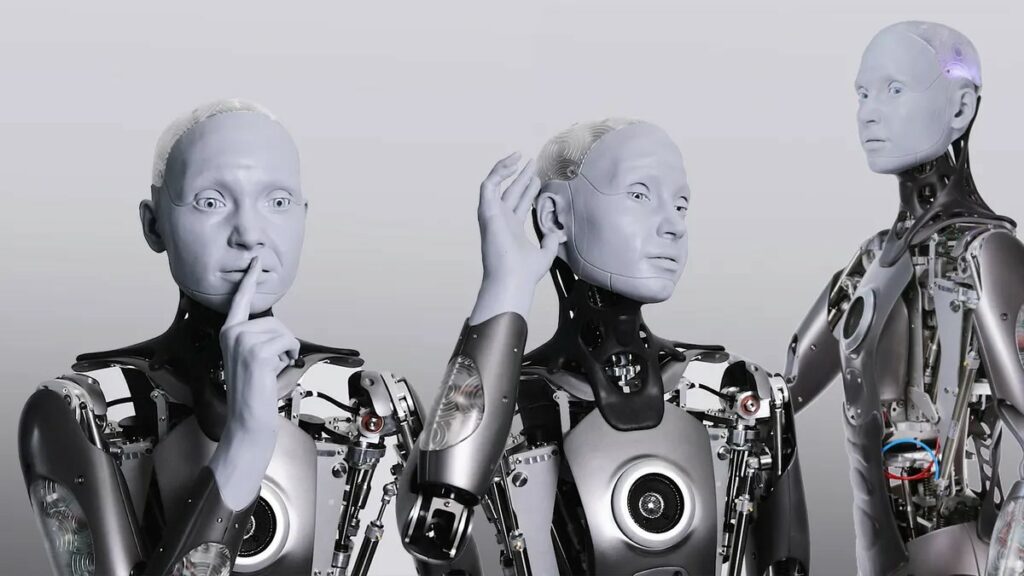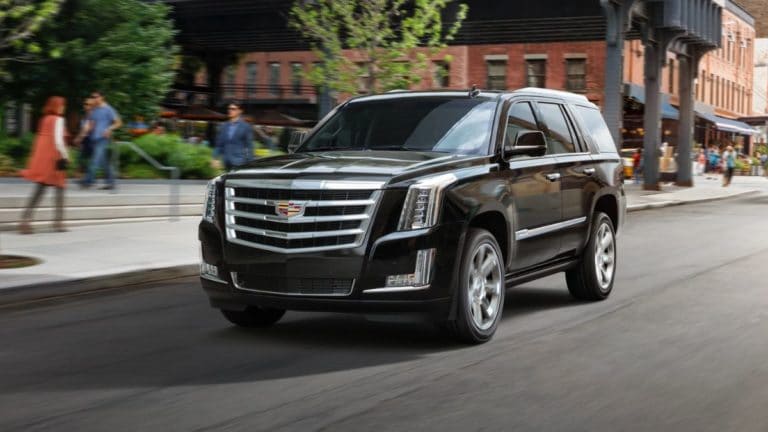Here’s Why America Plans To Tax Robots

Have you ever thought of robots being taxed? Well, you should now. Research by MIT showcases that America might introduce a tax on companies for using robots in their workforce. Similarly, a tax on foreign trade that would reduce U.S. jobs is also possible in the future.
The main reason behind this new tax is the reduction of the workforce which would increase employment in many sectors – especially where routine jobs exist. Introducing taxes will force companies to confine the robot usage to a certain extent of paying the taxes accordingly.
How does the robot tax help people?
Well, you wouldn’t love losing your job to a robot, would you? The robot tax benefits both parties. While companies get an incentive to retain workers and thus avoid massive layoffs. The government loses money when there are fewer people on the payroll, so that the new robot tax would solve the problem to some extent.

Does this mean that automation should stop? No. Technological advancements by companies like Boston Dynamics shed light on the usefulness of robots in many industries. Jobs will eventually be reduced as robots work in tandem with real people, but the world isn’t ready for an abrupt transition yet. The population is already blowing up, meaning job opportunities continue to struggle to keep up.
The study details that a tax on robots should range from 1 percent to 3.7 percent of their value. Similarly, trade taxes should range from 0.03 to 0.11 percent. All this sounds interesting, but there are a lot of factors to consider. Won’t taxing the usage of robots curb the growth of technological advancements? There is the question about tax ranges depending upon different income brackets. Steep taxes would demotivate companies to embrace automation. Even Bill Gates supports the robot taxation idea, but it is just a thought at this point.






